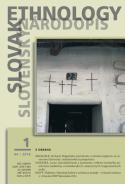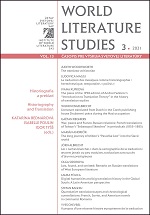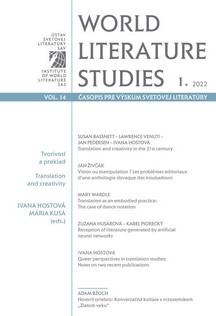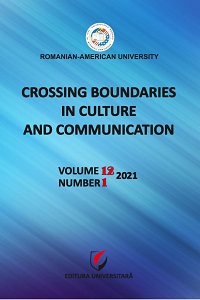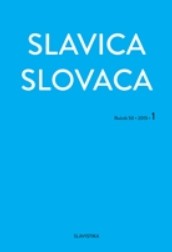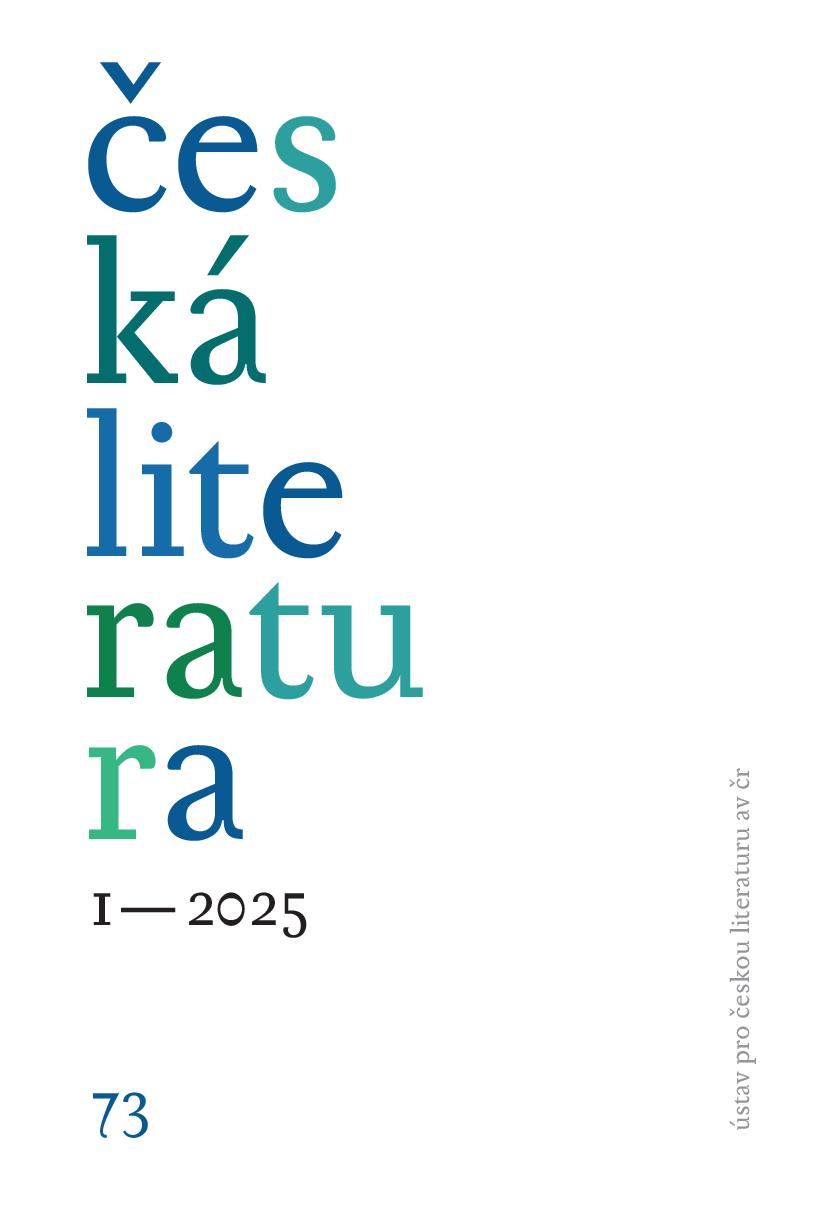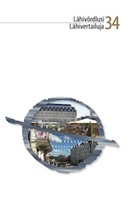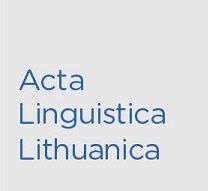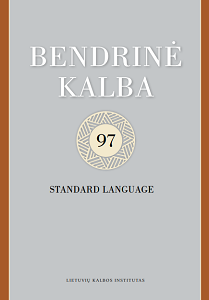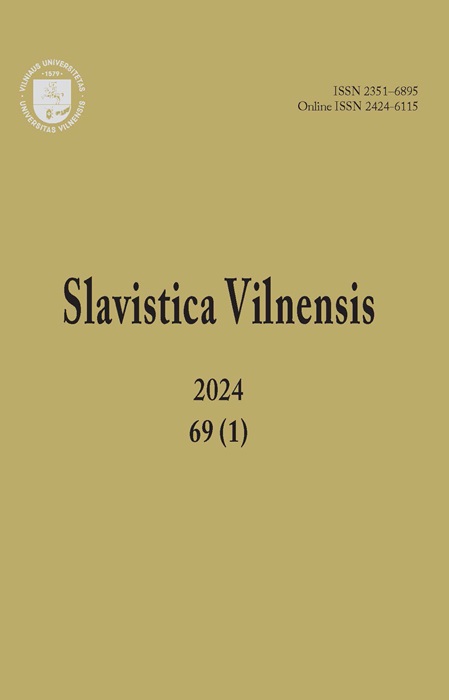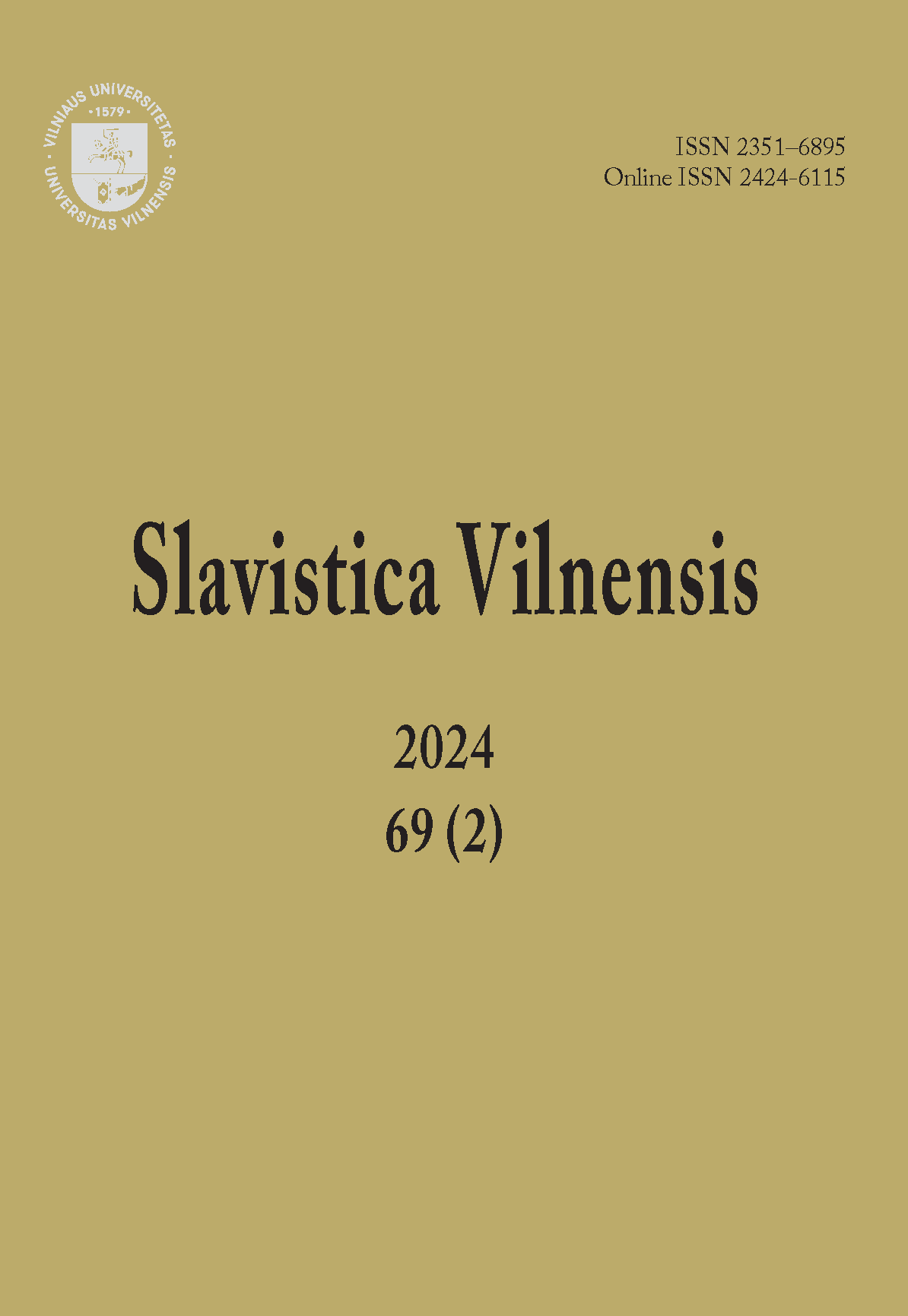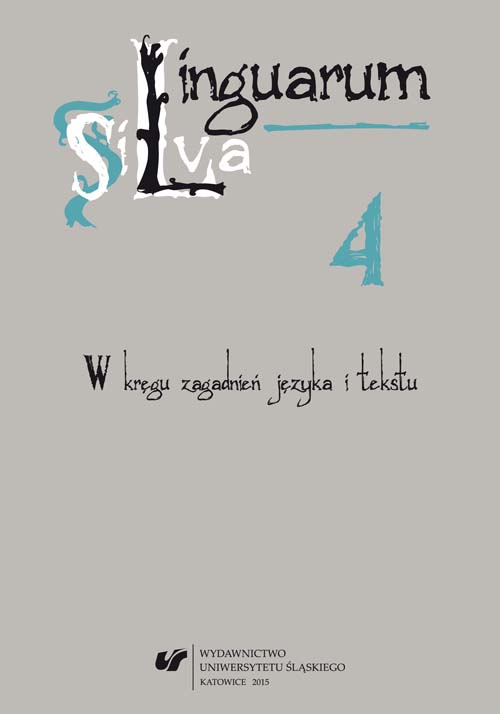
Panchroniczne gniazdo słowotwórcze leksemu słowo
The article presents and analyzes a panchronic word-formative nest, whose center constitutes the lexeme słowo. Derivatives of verbs, nouns and adjectives have been analyzed here successively. Each section describes changes that have occurred over time in both the lexis belonging to the family of discussed words and the semantics of selected lexemes. As it turns out, throughout history the formative nest of the lexeme słowo has undergone transformations, which has been connected with part of the derivatives becoming obsolete and the structure of many others undergoing semantic changes.
More...
